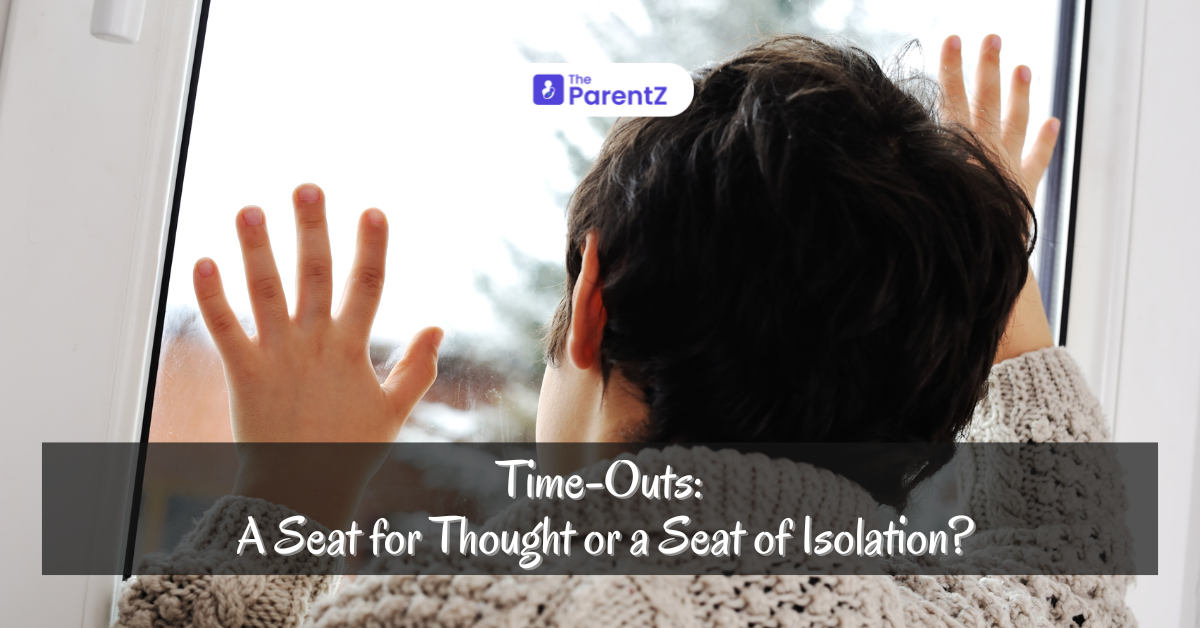Do you remember your time-outs? As a child, it might have felt like being banished to an island of solitude. The world outside was filled with noise, laughter, and the comforting presence of your family while you sat there, silent and alone. Have you ever wondered if you were in trouble forever? This isolation would have been both confusing and scary. But was it effective? Did it teach you anything, or did it simply create a distance between you and your parents?
Time-outs have been a staple in many households for generations. They're often seen as a quick fix for unruly behavior. But are they really the answer? Let's delve into the complexities of this parenting tool.
A Child's Perspective
From a child's point of view, a time-out can feel like punishment. It can make them feel misunderstood, rejected, and even angry. The isolation can be frightening, especially for younger children. While it might temporarily stop unwanted behavior, it doesn't necessarily teach them why their actions were wrong or how to act differently in the future.
Moreover, children learn through imitation. If they see their parents losing their cool and resorting to time-outs frequently, they might pick up this behavior and use it in their interactions with others.
A Parent's Perspective
Parents often feel overwhelmed when their child is having a meltdown. Time-outs can seem like lifelines, offering a brief respite from the chaos. The hope is that it gives the child time to calm down, reflect on their behavior, and learn from their mistakes. However, it's essential to remember that a time-out is not a solution in itself.
It's crucial to understand why we resort to time-outs. Often, it's because we're feeling frustrated, overwhelmed, or out of options. It's important to acknowledge these feelings without blaming ourselves. Our own childhood experiences also play a role in how we discipline our children. If we were subjected to harsh punishments as kids, we might be more inclined to use similar methods, even unconsciously.
The Psychological Impact
Time-outs can have both positive and negative psychological impacts. On the positive side, they can provide a child with a brief period of calm, allowing them to regulate their emotions. It can also signal that certain behaviors are unacceptable. However, excessive use of time-outs can lead to feelings of shame, isolation, and a damaged parent-child relationship.
It's essential to consider the child's age and developmental stage. A time-out might be more effective for an older child who can understand the concept of cause and effect. Distraction or redirection techniques might be more beneficial for younger children.
To Time-Out or Not to Time-Out?
The decision to use time-outs is a personal one. There's no one-size-fits-all answer. It's important to consider your child's personality, age, and situation. Some parents find time-outs helpful in specific circumstances, while others prefer alternative methods.
If you do decide to use time-outs, it's crucial to establish clear rules and consequences beforehand. The time-out should be brief and consistent. Most importantly, it should be followed by a calm conversation about the child's behavior and how to handle similar situations in the future.
Conclusion
Ultimately, the goal of discipline should be to teach children self-control, empathy, and problem-solving skills. Time-outs can be a tool, but they must be used wisely and in conjunction with other positive parenting strategies.
Remember, there's no perfect way to raise a child. What matters most is building a strong, loving relationship founded on trust, respect, and open communication.





Be the first one to comment on this story.